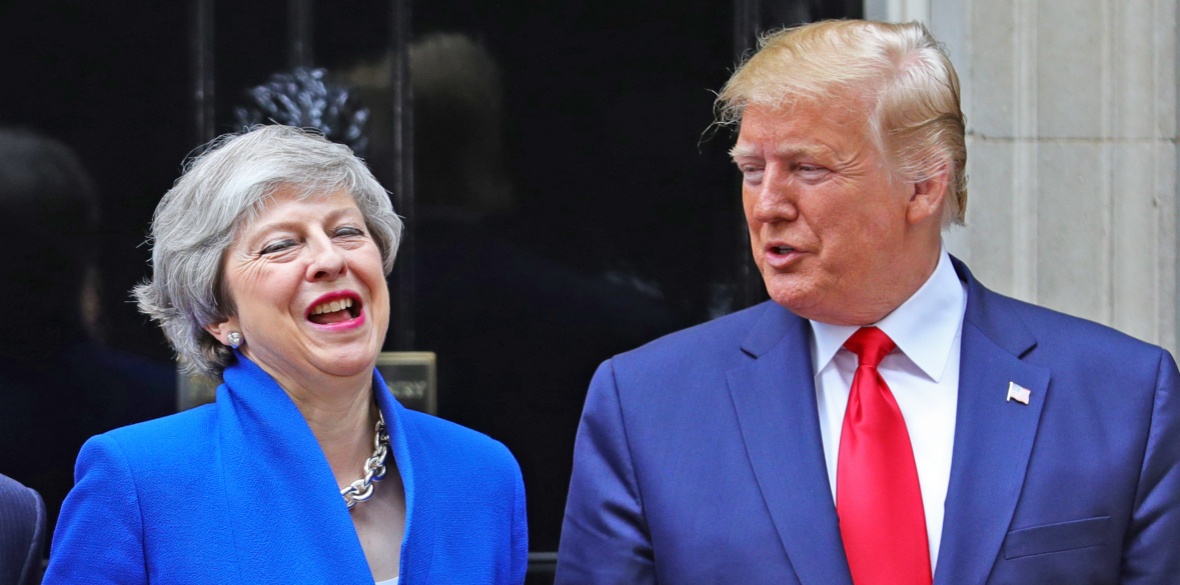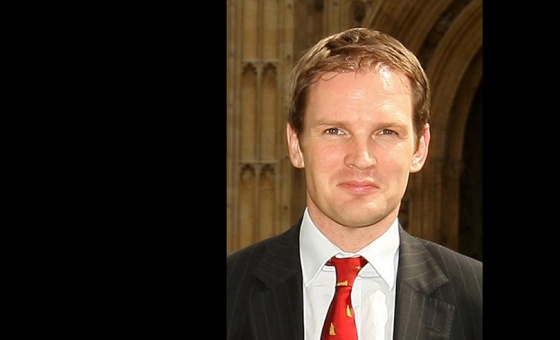IF US animal welfare standards are as they are reputed to be, you wouldn’t want to eat an imported chicken that wasn’t chlorinated.
Instead of trade in such things it is better to eat food that is produced as locally as possible and subject to the highest practicable standards of health, safety and welfare.
The minister for international trade is Dr Liam Fox. Under the government’s present proposals he has the direct power to negotiate trade deals with little parliamentary oversight.
Let us hope that his training as a medical practitioner has imbued his thinking with enough scientific rigour that — as he negotiates a trade deal with Donald Trump’s flunkeys — he insists our nation’s intestines not be subjected to transatlantic chemical assault.
Do not count on it. International trade and investment deals are not about the free exchange of goods and services. Rather they are a projection of power or, for much of the Third World, a signifier of subordination to a grossly unequal system of imperial domination.
Trump pointed out today that the US is the biggest destination for the export of British capital and Britain is a big destination for US exports.
The interpenetration of US and British capital is precisely the reason why a trade and investment deal with the US needs to be conducted on the basis of what the British economy needs rather than what makes most profit for a capitalist class whose wealth already exceeds human comprehension.
This is an approach that a man whose motto is “America first” will understand. Britain’s economy needs a massive injection of capital to renew our infrastructure and rebuild our manufacturing, and to make this happen a full measure of compulsion is required.
The present clutch of trade and investment deals give big business and the largest transnational monopolies enormous powers to sue supposedly sovereign governments for decisions that affect their profits.
This offensive system, known by its acronym ISDS — which stands for investor-state dispute settlement — puts governments before corporate courts for all kinds of policies that might affect profit levels.
Global monopolies, and the super-rich who invest in them, enjoy unique privileges under this system, which exists independently of every state’s national legal system.
The courts conduct their affairs in near secrecy and are not obliged to consider any issues other than the dispute in question.
Matters of public interest, environmental concerns, workers’ rights and human rights are outside its remit.
It is as far from a level playing field as can be imagined, and its very existence gives monopoly capital enormous powers to compel agreement from states.
The vote to leave the EU has created a new situation in which new arrangements need to be put in place to replace the international trade agreements that the EU maintains.
Given the submissive stance of the Tory government to the US administration, a bilateral trade agreement with the US is likely to leave the ISDS system inviolate and replicate the existing EU trade policies, which discriminate against part and fully manufactured goods from producer countries which are, most typically, former colonies.
It would most likely weaken existing climate control measures and is unlikely to allow for a root-and-branch revival of public ownership.
Labour’s Barry Gardiner has warned that through ISDS, trade policy erodes our sovereignty. Labour opposes parallel investor-state dispute systems for multinational corporations and wants that, instead of secret courts, trade should be subject to parliamentary scrutiny and public debate.
This is a good start, but Labour needs to develop a more comprehensive trade and investment policy in tandem with an ethical foreign policy.










